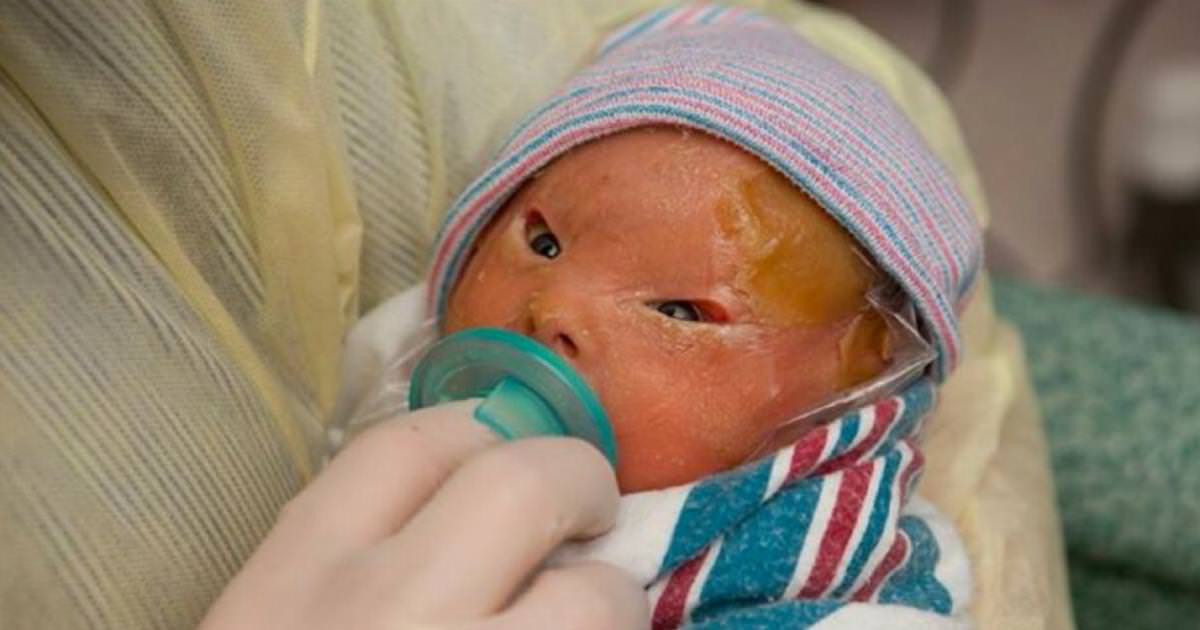It has been noted that the decision could end the former president’s control over his flagship Trump Building at 40 Wall Street in Lower Manhattan and his iconic residence Trump Tower.
There is a possibility that Trump could also lose his family estate and his golf club in Westchester County. The decision means Trump would still own the properties, but they would be placed in receivership.
He would no longer be able to sell off any assets or use them to secure loans. If they are sold by the court, Trump would not see any returns until debts and liabilities have been paid.
Experts have called this decision a ‘corporate death penalty’. The former president railed against the decision, taking to Truth Social to say it was ‘a very sad day for the New York State System of Justice’.
‘Today’s Ruling about a Company that has done a magnificent job for New York State fails to acknowledge the fact that Murder and all other forms of Violent Crime have reached record levels in New York State,’ he wrote.
‘Can you imagine ruling against me for having done business perfectly, and yet letting people go on a rampage on the sidewalks of New York? This is the Judicial conduct that is forcing thousands of companies to flee New York for other environs, while virtually nobody comes back to the City or State.’
Judge Engoron’s ruling was a victory for New York Attorney General Letitia James in her lawsuit against Trump. His decision effectively decided that no trial was needed to determine that the former president had fraudulently secured favorable terms on loans and insurance deals.
James has argued that Trump inflated the value of his properties by as much as $2.2 billion and is seeking a penalty of about $250 million. The judge’s order will not dissolve Trump’s company but will impact its operations. Trump can appeal.
The trial will determine the size of the penalty Trump will face.











